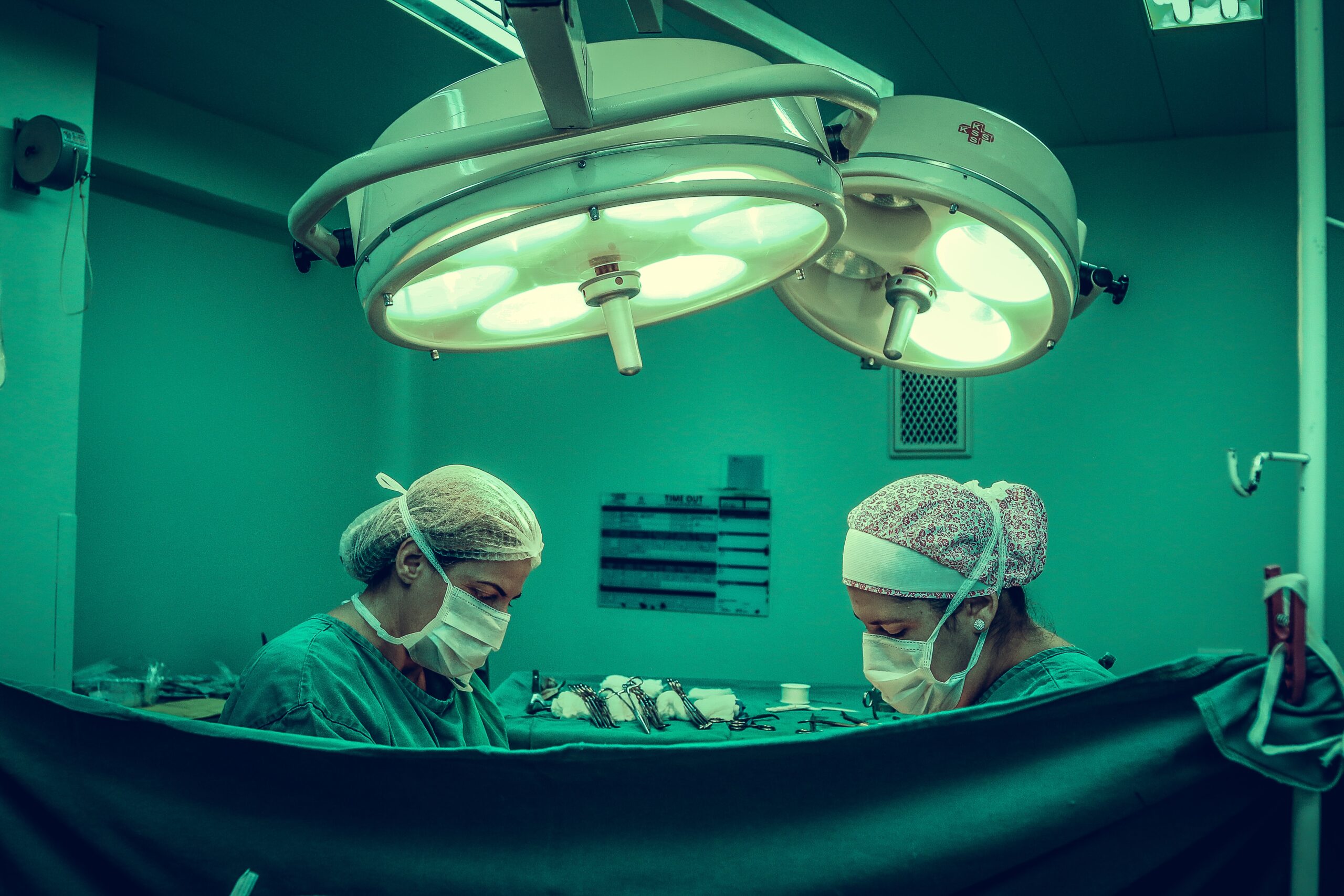The decision to undergo cosmetic surgery is often made by those who wish to change their physical appearance and psychological well-being. Cosmetic surgery may make you look and feel your best in any way you want to improve your appearance, whether by altering your facial features, sculpting your body, or rejuvenating your skin. However, it is essential to have reasonable expectations regarding the outcomes and to realize that the recovery period can vary based on the sort of surgery you have had.
You May Experience Discomfort
Some discomfort and agony are expected after cosmetic surgery. Discomfort can range from mild to severe, depending on the type of surgery performed and the individual’s healing process.
Common causes of discomfort include pain, swelling, and tightness in the affected area. The surgical procedure and the ensuing inflammation are the primary contributors to postoperative pain and edema. The healing process causes tightness as the skin and underlying tissues are stretched and pulled back into place.
The physical changes can be shocking, and the postoperative recovery can be quite difficult. As patients recuperate from surgery and adjust to their new appearance, they may experience anxiety or feel overwhelmed. Remember that experiencing these emotions is natural, and give yourself time to adjust. Additionally, it is important to follow the doctor’s postoperative instructions to promote a safe and successful recovery.
If you live in New York, you can find a surgeon for facelifts in NYC to help you out, they may also offer breast augmentation, tummy tucks, liposuction, and rhinoplasty.
Reactions of Swelling and Bruises
Swelling is the body’s natural response to an injury and occurs due to its attempt to protect itself from further damage. Inflammatory substances, such as plasma and other fluids, accumulate in the afflicted area, leading to swelling.
Bruises are caused by the same trauma to the tissue that causes swelling, but they are more localized and appear as skin discoloration. Bruising occurs when blood vessels in the affected area are damaged, and blood escapes into the surrounding tissue. The blood then pools in the area and causes a dark discoloration.
Swelling and bruising are also common side effects of cosmetic surgery. These problems typically emerge after surgery and are common. The duration of swelling and bruising after surgery varies from person to person and from a few days to a week or more. Use cold packs, elevate the injured area, and take anti-inflammatory medicine as directed by your surgeon to decrease swelling and bruising.
Recommendations and Advice
After surgery, your surgeon will give you detailed instructions on caring for yourself, including cleaning and bandaging the surgical site. Following these guidelines can avoid infection, bleeding, and other consequences.
It would help if you watched what you eat and avoided alcohol and anything that could create inflammation or irritation. These factors can impair the body’s natural healing processes. You should only engage in hard exercise or heavy lifting once your surgeon gives you the all-clear.
The tingling or numbness experienced after cosmetic surgery is a common occurrence and usually occurs due to injury to the nerves surrounding the area of the surgery. The sensation of tingling or numbness is usually temporary and should decrease over time. Sometimes, it can take weeks or months for the feeling to go away completely.
Scheduled Visits for Follow-Up
If you want to be sure you’re healing properly after surgery, you’ll need to schedule a few checkups with your surgeon. At these checkups, you’ll also have the chance to inform your doctor about concerns or questions regarding your recovery. Be open about any issues or symptoms you’re having so they can properly treat you.
Gradual Improvement Toward an Enhanced Appearance
As you recover, you will feel better about your appearance. The full effects of your surgery may only become apparent for a few months. To succeed, you must exercise patience and set reasonable goals for yourself. Always remember that cosmetic surgery is not a quick fix and that you may need to schedule regular follow-up appointments and additional treatments to keep your results looking their best.
Conclusion
After your cosmetic surgery, you should expect to experience some degree of recovery time, depending on the type of surgery. Following your cosmetic surgery, you should see an improvement in the areas addressed, and overall, you should be pleased with the results of your surgery. It is essential to follow your doctor’s instructions and keep in touch with them throughout your recovery process.

